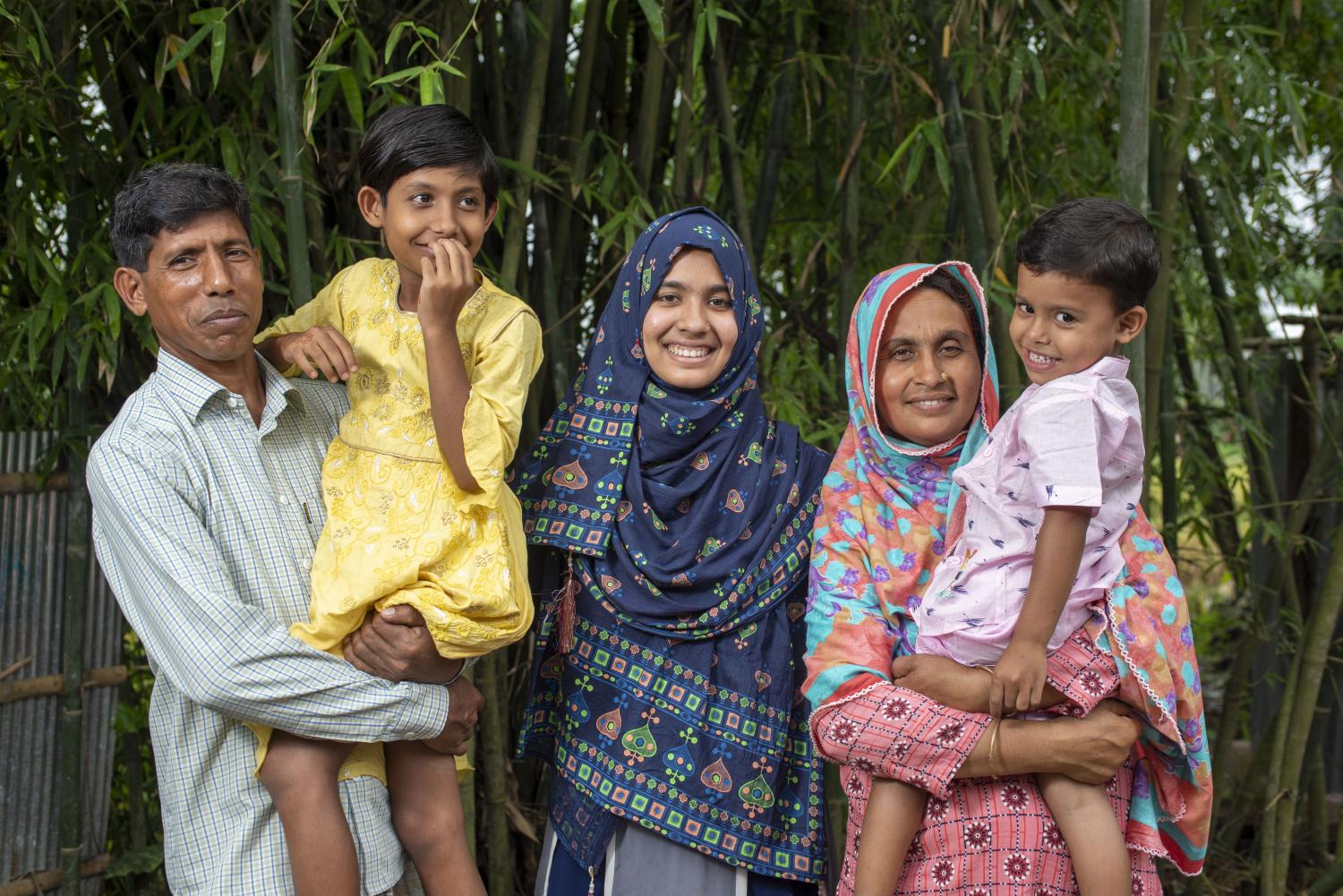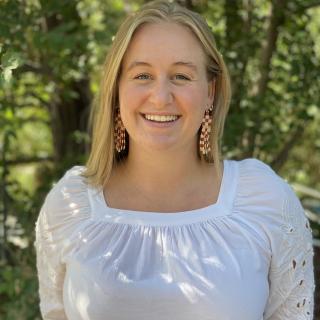Gender Equality Impact: The Value of Organization-wide Reflection

Photo: Mohammad Hasan Zobayer
We know that when we invest in gender equality and women’s empowerment we see a whole host of positive effects on society, which is why CARE as an organization puts gender at the center of all we do. To hold ourselves accountable for our commitments, CARE has produced its first-ever Annual Report on Gender Equality which reflects on progress against our goals, the challenges we face, and our way forward for the future.
Producing this report was a positive exercise in many ways. Firstly, it confirmed we are making progress towards our goals. Our data, gathered through our global impact reporting system, allows us to track impact so we can assess achievements against our goals. It also enables us to articulate our contributions to global efforts to reduce poverty and inequality under the Sustainable Development Goals — for example, since 2015 we have supported 16.5 million women and girls to increase their empowerment and gender equality, the goal of SGD 5.
Beyond the data, the process of analyzing our gender equality efforts on a global scale has given us the opportunity to reflect on how and why we are tracking this impact and the implications of this for CARE as an organization.
Here's four things we've learned from this process:
1. Prioritizing gender isn't a given
CARE has put gender at the center of its global approach, but this doesn't always come easy. As an organization, we find ourselves constantly making the case with donors, other stakeholders, and sometimes even our own staff. Common arguments we hear are:
-
“Gender is too hard to incorporate in emergency settings,”
-
“Men face crises too”, and
-
“There are more urgent issues to deal with—like hunger—before we can focus on gender.”
However, our programs have proved that women's economic empowerment has benefits for men, that prioritizing gender in emergencies helps ensure assistance reaches the most vulnerable, and that investments in women have a great impact on food production. We see a continued need to build evidence that strengthens the case for centering gender across all programming.
2. Evidence is tricky
While there is a clear demand for evidence, building profile data on the impact of gender equality programming can be challenging. As part of our annual reflections, CARE brings together technical and program staff from around the world for global sensemaking sessions to help identify gaps in data and reflect upon trends we’re seeing. While we have found a great correlation between gender equality impacts and broader impacts in other program sectors, it is harder to show causation. We have some strong project examples, such as Win-Win in Burundi and Abdiboru in Ethiopia, showing how improved gender equality creates more overall impact, but it is harder to connect this at scale. Our goal is to demonstrate what we know to be true – investing in gender equality works – at a larger scale.
3. Gender impact can happen anywhere
The process of looking across our entire global program portfolio showed gender impacts are not limited to programs focused on gender exclusively. Our global reporting system enabled us to identify projects reporting impact across all three domains of CARE’s Gender Equality Framework, one measure of projects creating the most positive changes. Analysis of these showed that gender can be successfully integrated across development and humanitarian projects, across programmatic sectors, into projects of any size, and in projects implemented through partner organizations. Overall, nearly ¾ of CARE’s global portfolio projects reporting impact in Fiscal Year 2022 had evidence of at least one positive change related to gender equality.
4. Change starts from within
Reflecting on our impact also illustrates the many ways that we at CARE have centered on gender equality within our organization. This includes a strong focus on staff through processes such as our Reflections on Diversity, Equity & Inclusion (REDI) training. It also looks beyond staff and programming to consider how we center gender in-country offices and how we work in partnership with global women’s rights organizations to build networks of women leading change. In our MEAL processes, we aim to center the voices and choices of women and girls through approaches that shift power and ownership to those we serve. A key reflection is that having leadership at all levels is critical to ensure staff are united in their commitment to gender equality and can access the resources they need to achieve this.
Learn more in Towards a Gender Just Future: CARE’s Gender Equality Annual Report 2023.




